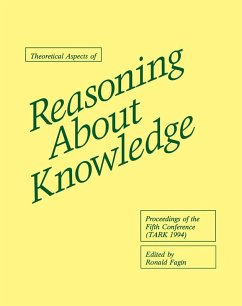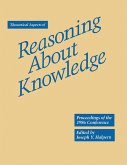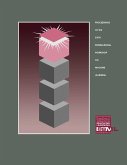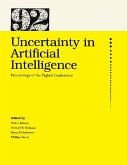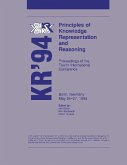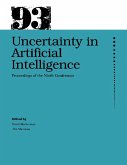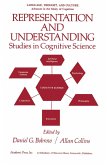Comprised of 23 chapters, this book begins with a review of situation calculus and a solution to the frame problem, along with the use of a regression method for reasoning about the effect of actions. A novel programming language for high-level robotic control is described, along with a knowledge-based framework for belief change. Subsequent chapters deal with consistent belief reasoning in the presence of inconsistency; an epistemic logic of situations; an axiomatic approach to the logical omniscience problem; and an epistemic proof system for parallel processes. Inductive learning, knowledge asymmetries, and convention are also examined.
This monograph will be of interest to both students and practitioners in the fields of artificial intelligence and computer science.
Dieser Download kann aus rechtlichen Gründen nur mit Rechnungsadresse in A, B, BG, CY, CZ, D, DK, EW, E, FIN, F, GR, HR, H, IRL, I, LT, L, LR, M, NL, PL, P, R, S, SLO, SK ausgeliefert werden.

